Ever feel like navigating the internet is like walking through a digital minefield? With cybercriminals lurking around every corner, protecting your identity and finances can feel daunting. But what if I told you that a VPN could be your secret weapon? By masking your IP address and encrypting your data, a VPN makes you nearly invisible to online threats. Let’s dive into how this powerful tool can safeguard your online activities and keep your financial transactions secure.
GET SECURITY ALERTS, EXPERT TIPS – SIGN UP FOR KURT’S NEWSLETTER – THE CYBERGUY REPORT HERE
What is a VPN?
A VPN, or Virtual Private Network, is a service that encrypts your internet connection, ensuring that your online activities remain private and secure. By routing your internet traffic through a secure server, VPNs mask your IP address, making it difficult for hackers and malicious entities to track your online behavior.
CAN YOU BYPASS VPN BLOCKS AND PROTECT YOUR PRIVACY?
How VPNs work
VPNs operate through two primary mechanisms: IP address masking and data encryption. When you connect to a VPN, it hides your real IP address by assigning you a new one from their server network, effectively preventing websites and cyber criminals from tracking your location or identifying you based on your IP address.
Simultaneously, VPNs encrypt all data transmitted between your device and the internet, rendering it unreadable to anyone who might attempt to intercept it. This encryption process ensures that sensitive information, such as credit card details, remains confidential throughout your online activities. By combining these two powerful features, VPNs create a secure tunnel for your internet traffic, significantly enhancing your online privacy and security.
WILL A VPN PREVENT APPS FROM TRACKING ME?
Protecting against identity theft by using a VPN
Identity theft occurs when someone illegally obtains your personal information to commit fraud. This can lead to unauthorized transactions and damage to your credit status. So, how can a VPN prevent identity theft? By encrypting your internet connection, VPNs protect against data breaches and unauthorized access to personal information, especially on unsecured networks like public Wi-Fi. VPNs also prevent third parties from tracking your online activities, reducing the risk of personal data being harvested for malicious purposes.
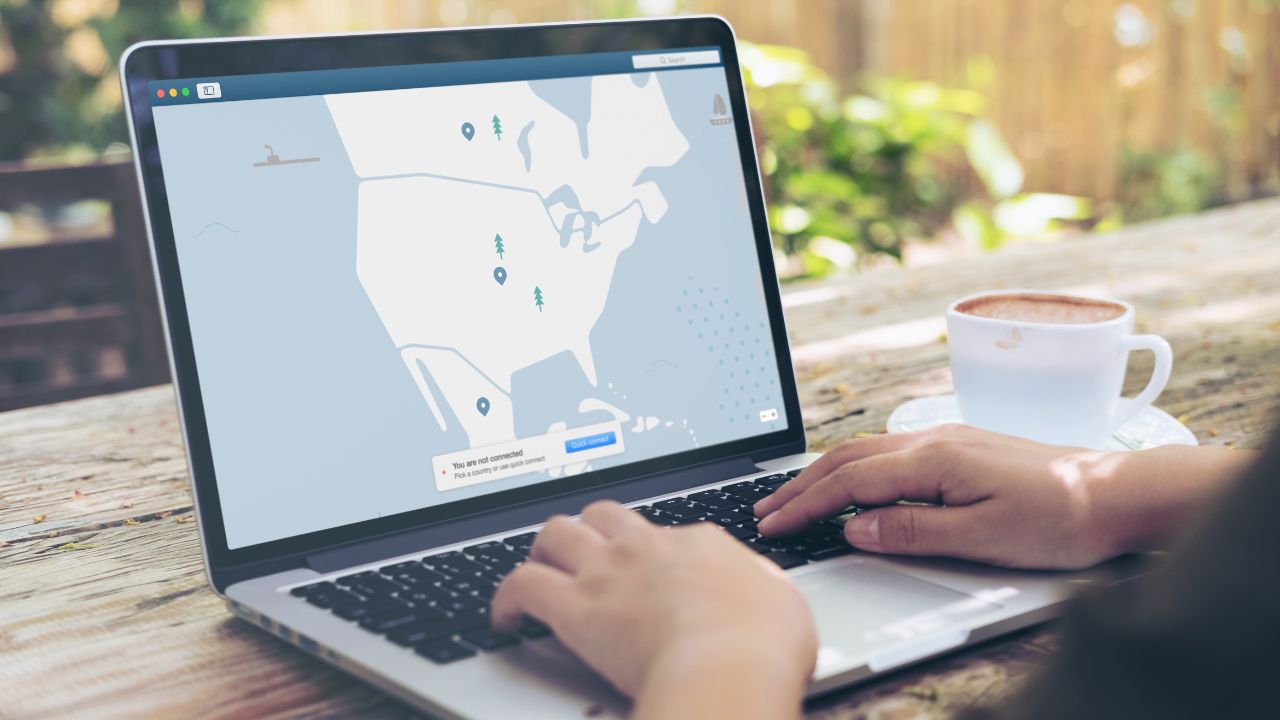
HOW TO USE VPNS WITHOUT COMPROMISING YOUR BANKING APPS
Using a VPN to reduce risks in online transactions
Online transactions are vulnerable to interception by cybercriminals looking to steal financial information such as credit card numbers and banking credentials. A VPN can be used as a shield for financial data. VPNs ensure that all data exchanged during online transactions is encrypted, making it nearly impossible for hackers to access sensitive financial information. When using public Wi-Fi networks, which are often targeted by cybercriminals, a VPN provides an additional layer of security by encrypting all data transmissions.
Practical tips for using VPNs effectively
1) Choose a reliable VPN provider: Opt for reputable VPN services known for strong encryption standards and no-log policies to ensure maximum privacy and security. For best VPN software, see my expert review of the best VPNs for browsing the web privately on your Windows, Mac, Android & iOS devices (or see below).
2) Use strong passwords: Combine the use of a VPN with strong, unique passwords for each of your accounts to enhance security. Consider using a password manager to generate and store complex passwords.
3) Enable two-factor authentication (2FA): Wherever possible, enable 2FA to add an extra layer of protection against unauthorized access.
4) Regularly update software: Keep your devices and software updated to protect against vulnerabilities that could be exploited by cybercriminals.
5) Monitor financial accounts: Regularly check bank statements and credit reports for any suspicious activity to catch potential fraud early.
Use our top VPNs to protect against identity theft and reduce risks in online transactions
Are you looking for a VPN provider that can help protect against identity theft and reduce risk in your online transactions? ExpressVPN and Surfshark are both trusted VPN services that prioritize your privacy and security and are available on a wide range of platforms, including Mac, Windows, iOS, Android, and popular browsers.
1) ExpressVPN: ExpressVPN is known for its speed, reliability, and strong privacy features. It offers ultra-fast servers in 105 countries, supports P2P sharing, and allows up to 8 devices to connect simultaneously. Available on a wide range of devices, it features a simple setup that takes less than 2 minutes. ExpressVPN’s strict no-log policy ensures your data is never stored, and all servers run on RAM, so no user activity is saved. With 24/7 live customer support and a 30-day money-back guarantee, ExpressVPN is a top choice for privacy-conscious users
CYBERGUY DEALS:
- Save 70% now with CyberGuy’s exclusive offer – you can get now up to 4 months FREE with a 12-month plan, for $4.99/month. Try 30 days risk-free.
- Save 82% now with CyberGuy’s exclusive offer – you can get now up to 6 months FREE with a 24-month plan, for $6.25/month. Try 30 days risk-free.
2) Surfshark: Another excellent option, Surfshark provides strong security features at an affordable price. Like ExpressVPN, Surfshark operates under a strict no-logs policy and uses advanced encryption to keep your data safe. One standout feature is Surfshark’s ability to support unlimited devices on a single account, making it ideal for families or users with multiple gadgets.
CYBERGUY DEALS:
- Save 81% now with CyberGuy’s exclusive offer – Get 4 extra months FREE with a 12-month plan. Try 30 days risk-free, for only $2.99 per month.
- Save 87% now with CyberGuy’s exclusive offer – Get 4 extra months FREE with a 24-month plan. Try 30 days risk-free, for only $1.99 per month.
Both VPNs offer top-notch security, ensuring that your browsing history, IP address, and online activities remain private.
Kurt’s key takeaways
VPNs play a vital role in protecting your identity and securing financial transactions online. By masking your IP address and encrypting data transmissions, they offer a robust defense against identity theft and credit card fraud. Implementing the tips provided can further enhance your online security, ensuring peace of mind in the digital world.
Have you ever experienced identity theft or fraud? How might the information in this article help you prevent it in the future? Let us know in the comments below.
HOW TO USE VPNS WITHOUT COMPROMISING YOUR BANKING APPS
Copyright 2024 CyberGuy.com. All rights reserved. CyberGuy.com articles and content may contain affiliate links that earn a commission when purchases are made.



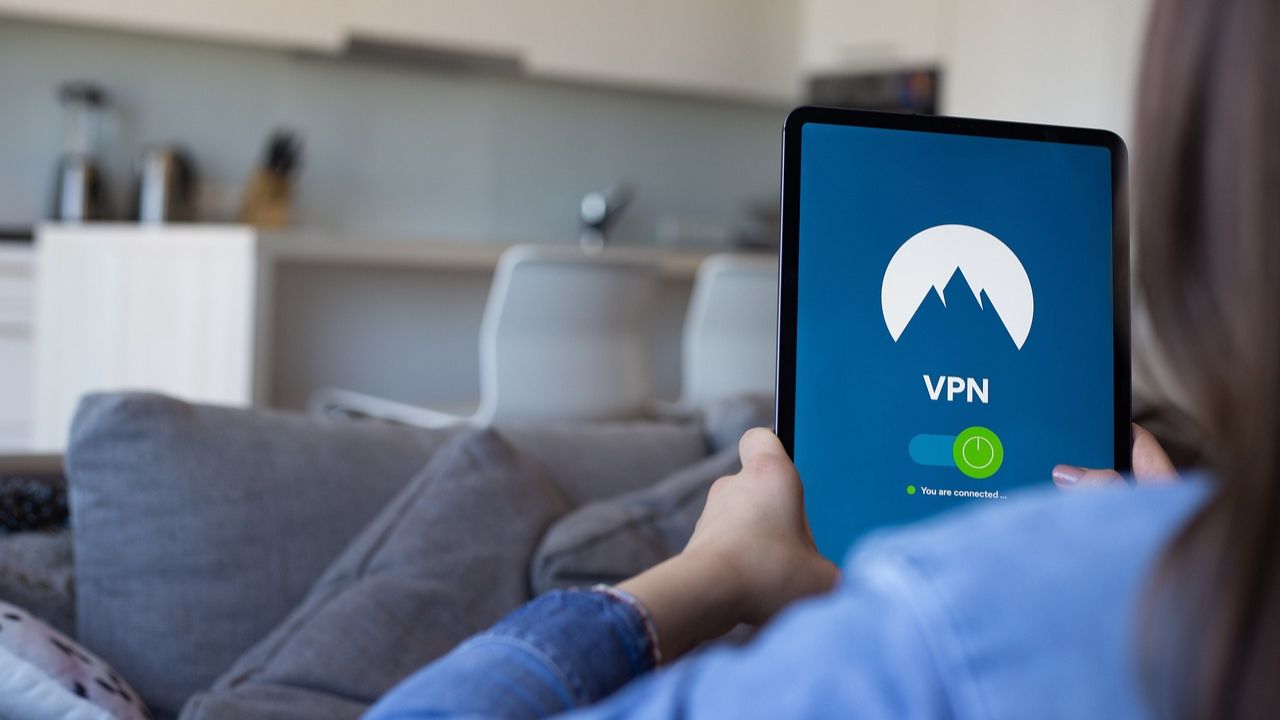
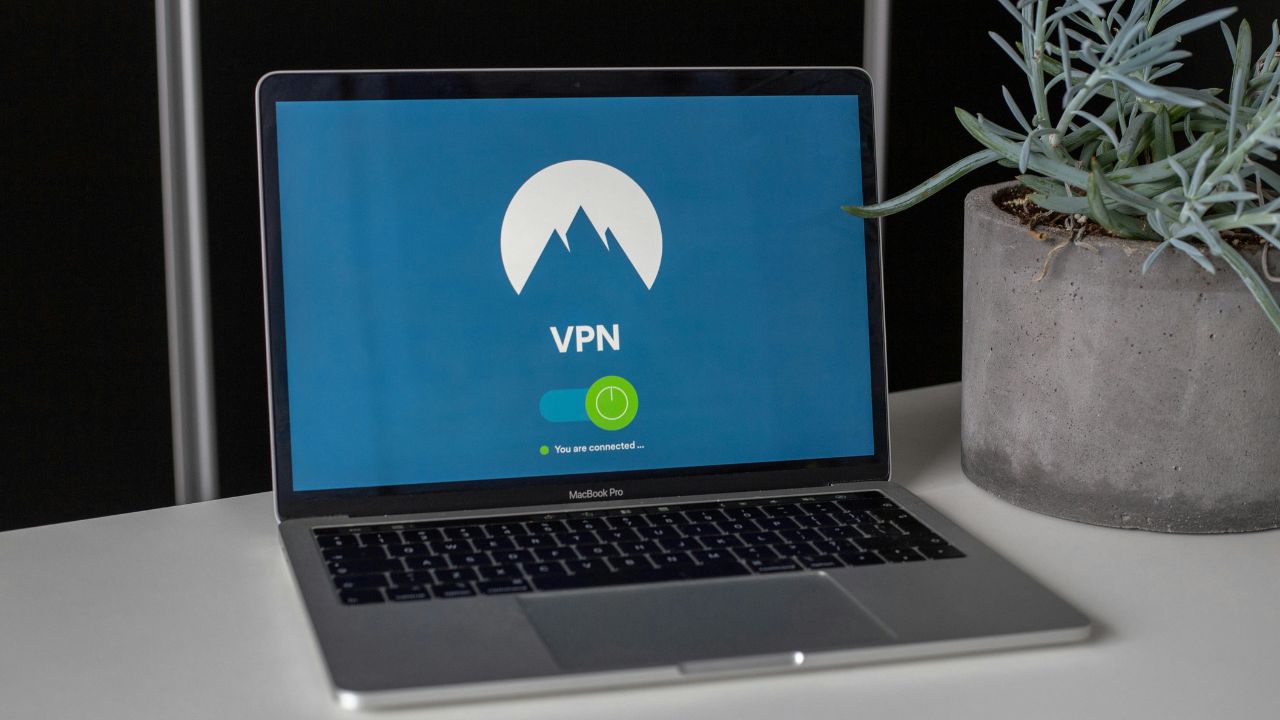
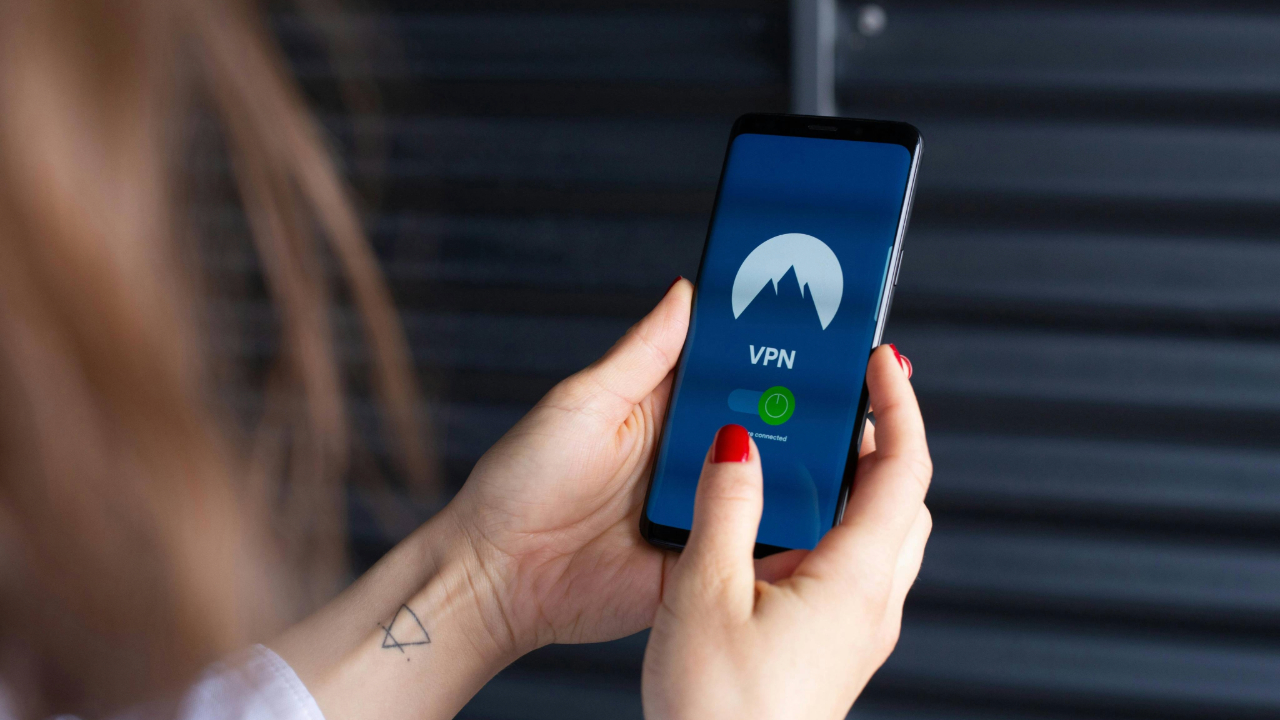

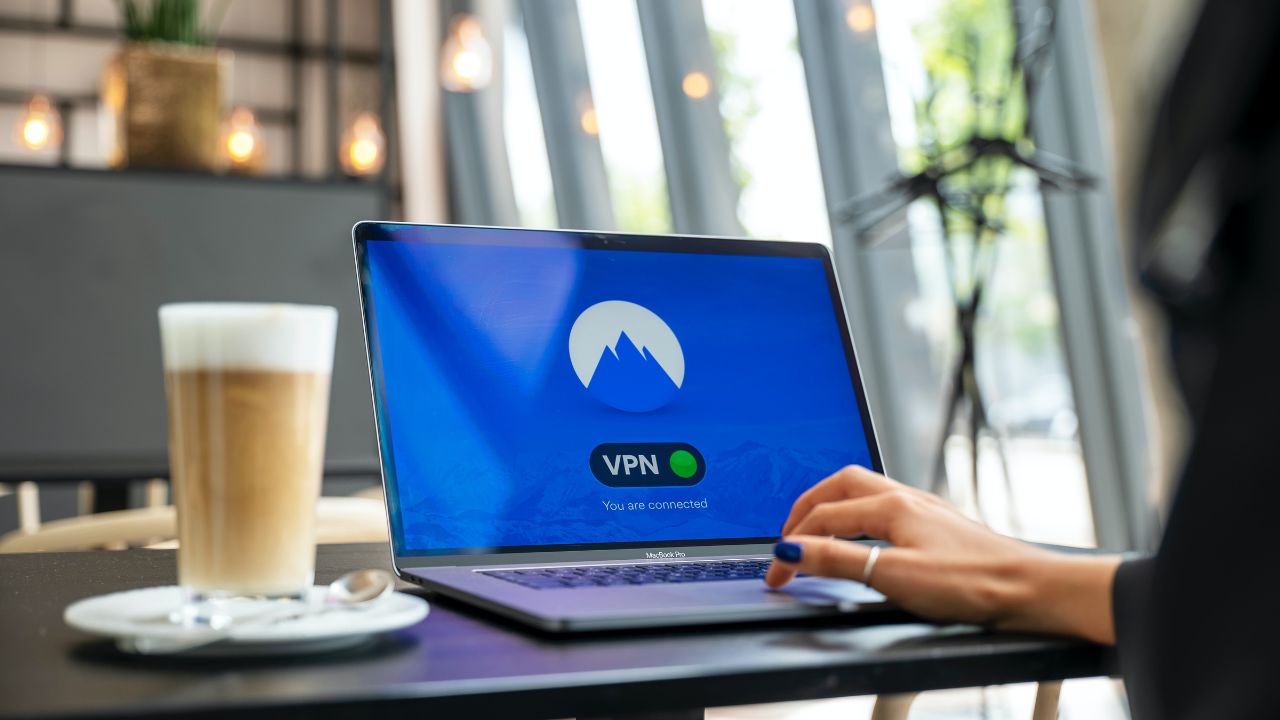
1 comment
Excellent and simple explanations on almost every subject.